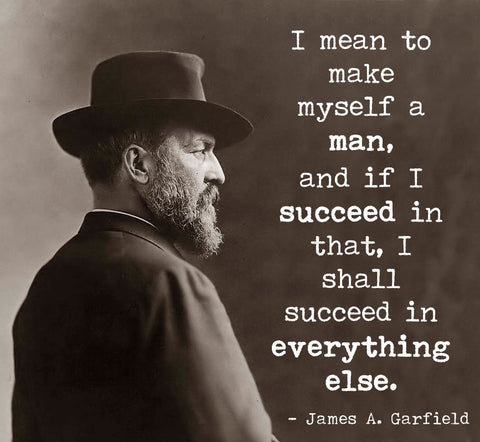

He went on: “I should like to have it said of my first Administration that in it the forces of selfishness and of lust for power met their match, I should like to have it said of my second Administration that in it these forces have met their master.” In 1936, while campaigning for a second term, FDR told a roaring crowd at Madison Square Garden that “The forces of ‘organized money’ are unanimous in their hate for me-and I welcome their hatred.” In August, FDR signed the Social Security Act of 1935, which guaranteed pensions to millions of Americans, set up a system of unemployment insurance and stipulated that the federal government would help care for dependent children and the disabled. In July 1935, the National Labor Relations Act, also known as the Wagner Act, created the National Labor Relations Board to supervise union elections and prevent businesses from treating their workers unfairly. The WPA also gave work to artists, writers, theater directors and musicians. WPA projects weren’t allowed to compete with private industry, so they focused on building things like post offices, bridges, schools, highways and parks. In April, he created the Works Progress Administration (WPA) to provide jobs for unemployed people.
THURSDAY FIRESIDE BOWL SERIES
So, in the spring of 1935, Roosevelt launched a second, more aggressive series of federal programs, sometimes called the Second New Deal.

Unemployment persisted, the economy remained unstable, farmers continued to struggle in the Dust Bowl and people grew angrier and more desperate. Second New Dealĭespite the best efforts of President Roosevelt and his cabinet, however, the Great Depression continued. In addition to the Agricultural Adjustment Act, the Tennessee Valley Authority Act and the National Industrial Recovery Act, Roosevelt had won passage of 12 other major laws, including the Glass-Steagall Act (an important banking bill) and the Home Owners’ Loan Act, in his first 100 days in office.Īlmost every American found something to be pleased about and something to complain about in this motley collection of bills, but it was clear to all that FDR was taking the “direct, vigorous” action that he’d promised in his inaugural address. June’s National Industrial Recovery Act guaranteed that workers would have the right to unionize and bargain collectively for higher wages and better working conditions it also suspended some antitrust laws and established a federally funded Public Works Administration. That same month, Congress passed a bill that paid commodity farmers (farmers who produced things like wheat, dairy products, tobacco and corn) to leave their fields fallow in order to end agricultural surpluses and boost prices. In May, he signed the Tennessee Valley Authority Act into law, creating the TVA and enabling the federal government to build dams along the Tennessee River that controlled flooding and generated inexpensive hydroelectric power for the people in the region.

(At the end of the year, Congress ratified the 21st Amendment and ended Prohibition for good.)

Roosevelt’s quest to end the Great Depression was just beginning, and would ramp up in what came to be known as “ The First 100 Days.” Roosevelt kicked things off by asking Congress to take the first step toward ending Prohibition-one of the more divisive issues of the 1920s-by making it legal once again for Americans to buy beer. In his first “ fireside chat” three days later, the president urged Americans to put their savings back in the banks, and by the end of the month almost three quarters of them had reopened. On March 9, Congress passed Roosevelt’s Emergency Banking Act, which reorganized the banks and closed the ones that were insolvent. The next day, Roosevelt declared a four-day bank holiday to stop people from withdrawing their money from shaky banks. He promised that he would act swiftly to face the “dark realities of the moment” and assured Americans that he would “wage a war against the emergency” just as though “we were in fact invaded by a foreign foe.” His speech gave many people confidence that they’d elected a man who was not afraid to take bold steps to solve the nation’s problems.ĭid you know? Unemployment levels in some cities reached staggering levels during the Great Depression: By 1933, Toledo, Ohio's had reached 80 percent, and nearly 90 percent of Lowell, Massachusetts, was unemployed. “First of all,” he said, “let me assert my firm belief that the only thing we have to fear is fear itself.” Roosevelt delivered his first inaugural address before 100,000 people on Washington’s Capitol Plaza. On March 4, 1933, during the bleakest days of the Great Depression, newly elected President Franklin D.


 0 kommentar(er)
0 kommentar(er)
